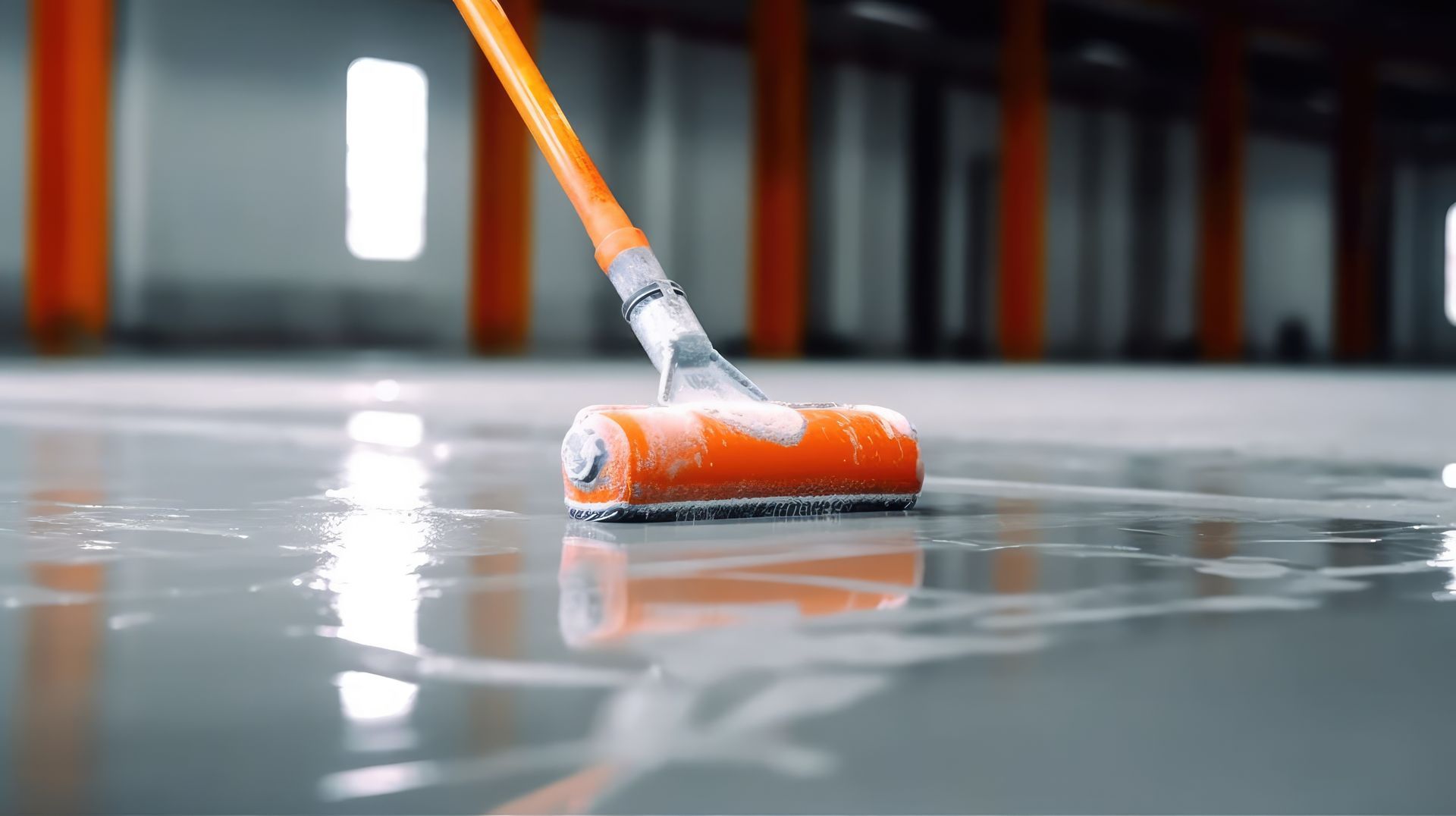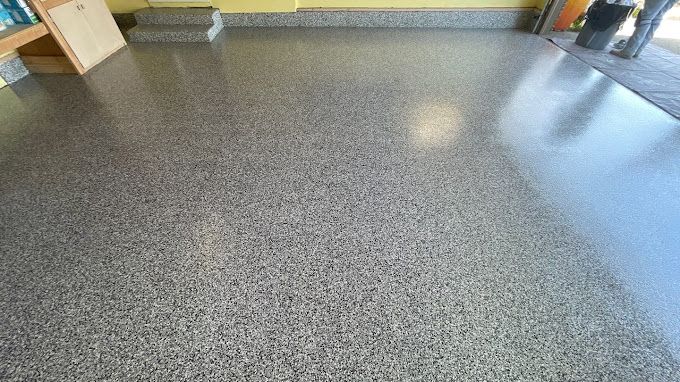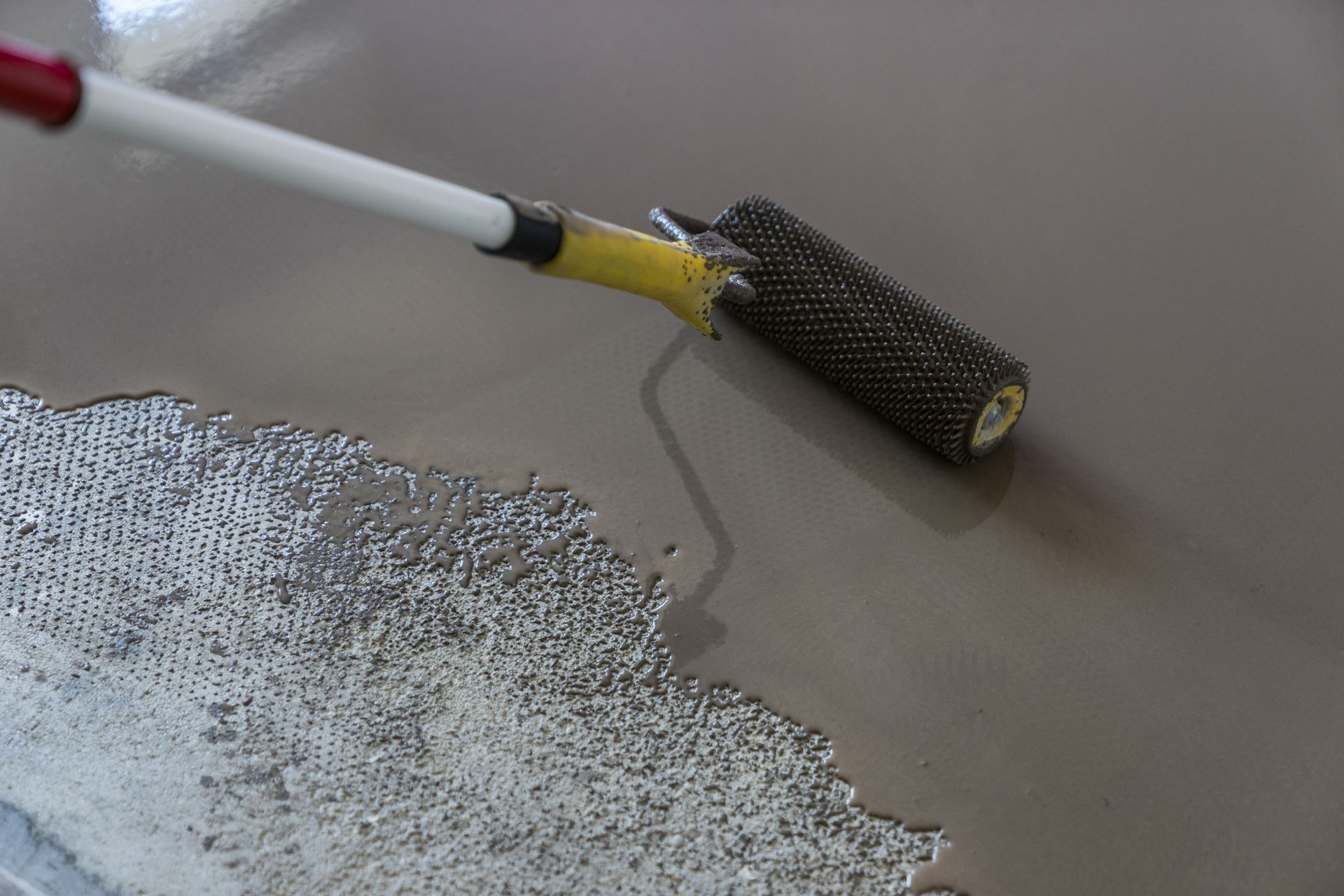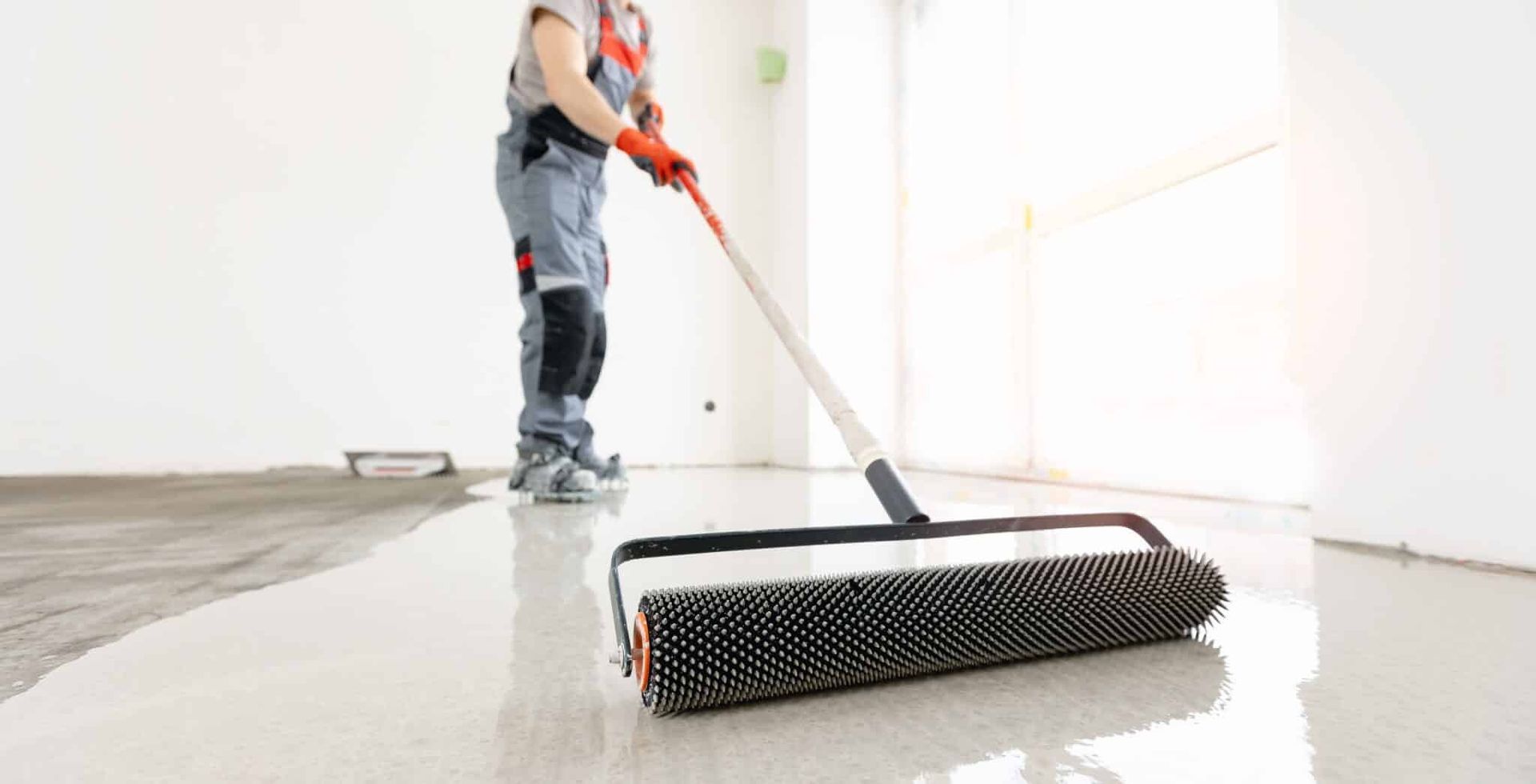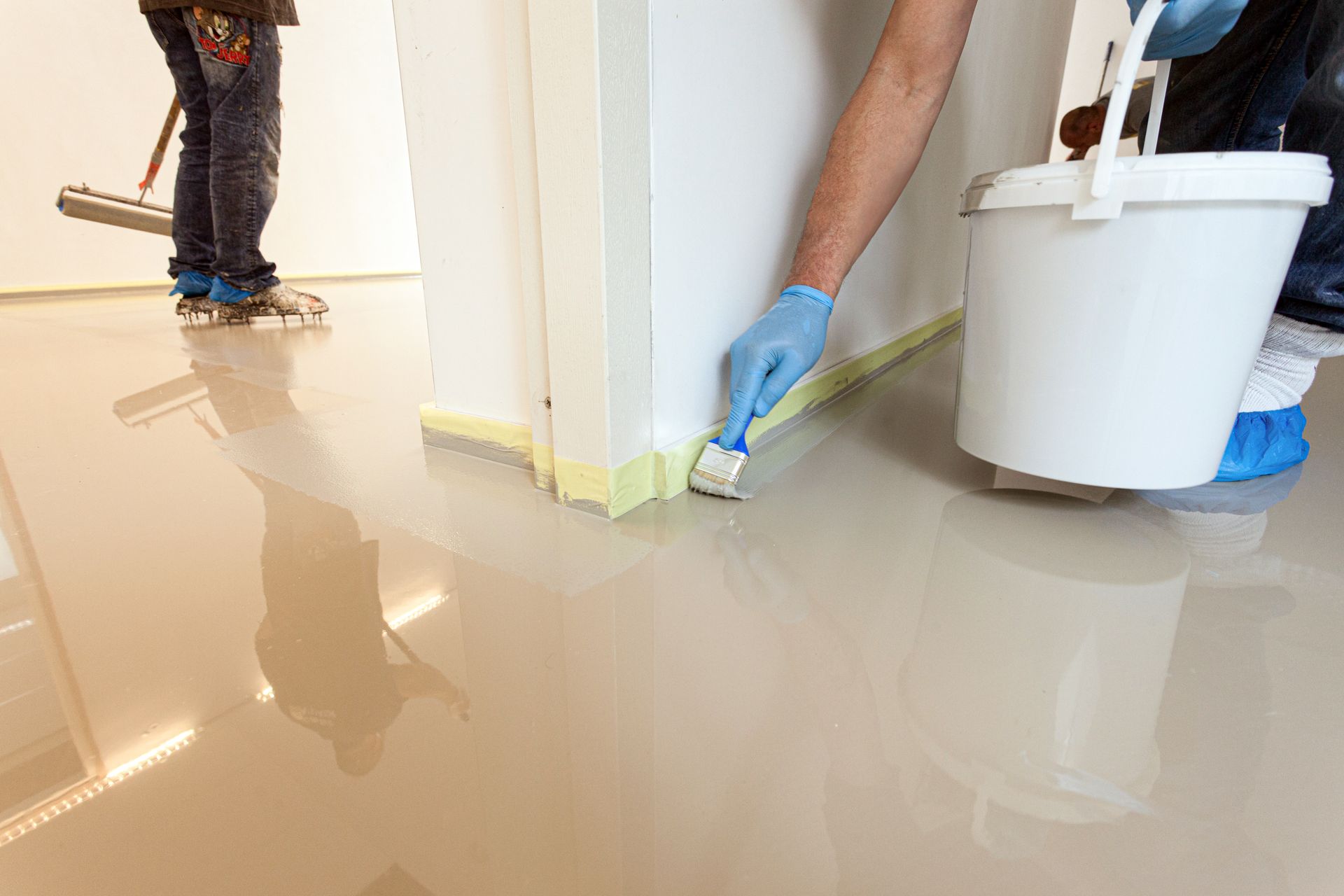Polyurea Flooring vs. Other Coatings
Floor coatings play an important role in commercial and industrial environments by protecting concrete surfaces from damage while also enhancing aesthetics. In recent years, polyurea floor coatings have emerged as a popular option and rapidly gained market share due to several advantageous properties. But how does it compare to other coatings in the industry?
Today, we provide detailed comparison of polyurea to other major coating types—epoxy, polyurethane—across factors like durability, application, cost-effectiveness, and suitable use cases.
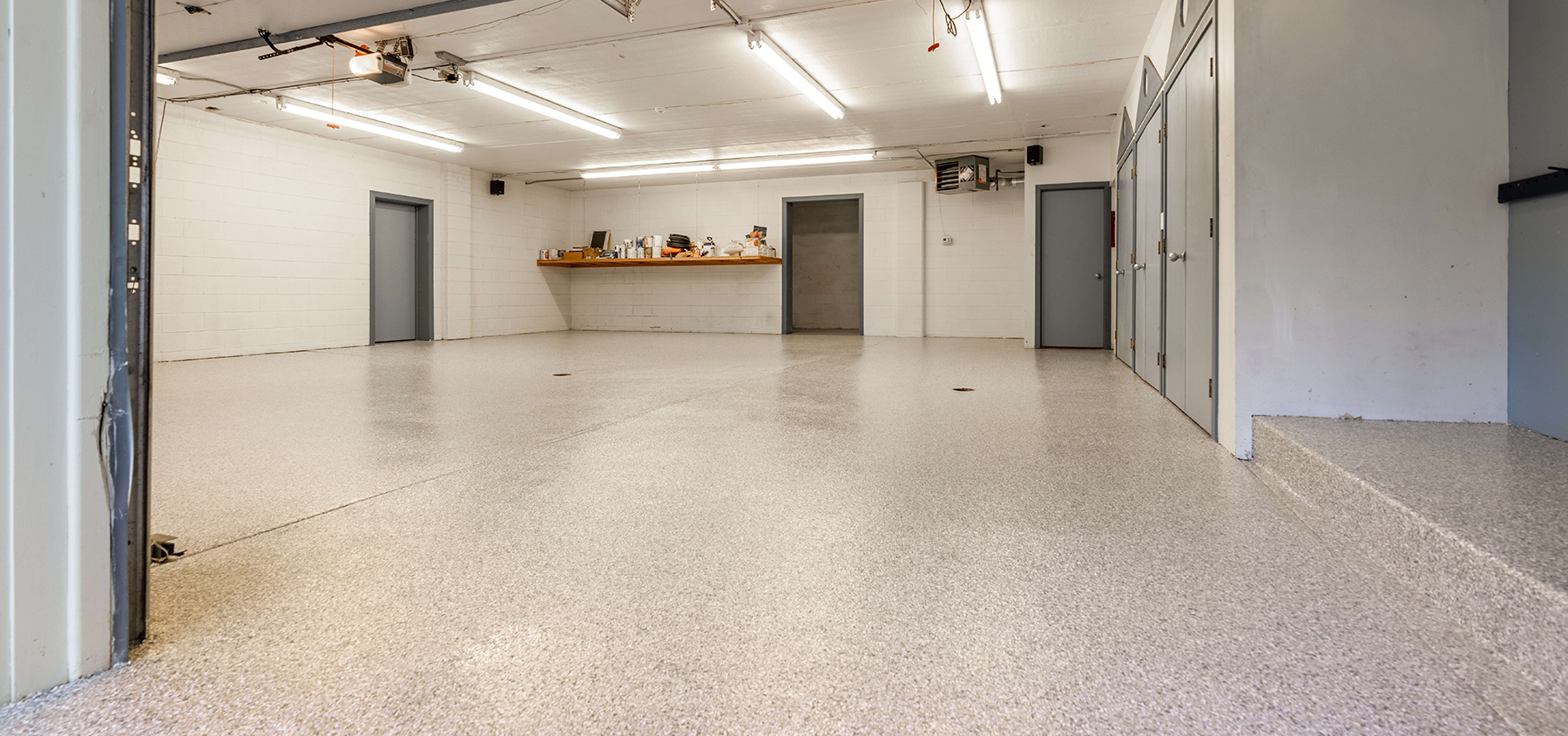
What is Polyurea?
Polyurea is a unique type of elastomeric coating. This means that it is formed by the reaction of an isocyanate component and a resin blend component. Unlike many other coatings, polyurea is created by a rapid chemical reaction that allows for a fast curing time.
The main ingredients in polyurea are:
- Isocyanates - Provide strong chemical crosslinking when reacted with the resin blend. Aromatic isocyanates like MDI are commonly used.
- Resin blends - Contain amines and polymeric compounds. These provide flexibility and chemical resistance. Polyetheramines and polyether polyols are typical components.
- Pigments - Added to achieve desired color. Titanium dioxide is a common white pigment.
Polyurea coatings are normally applied by professional teams using specialized two-component, high-pressure spray equipment. This allows for precise mixing and uniform application to the surface. Spraying also enables fast installation of complete protective coatings at 20 mils or more in a single pass. Due to its rapid curing and durability, polyurea is popularly used for protecting floors and other surfaces in demanding environments. Typical applications include:
- Industrial floors - Withstands heavy vehicular traffic and chemical exposure.
- Secondary containment - Effective barrier against leaks and spills.
- Truck bedliners - Durable protection against abrasion and corrosion.
- Bridge coatings - Seamless waterproofing for concrete and steel.
- Marine environments - Resists damage from water, UV light and physical impact.
Polyurea delivers performance, but specialized application makes it better suited for commercial rather than residential uses. Expert consultation is recommended to determine if polyurea is the optimal choice based on service conditions and performance requirements.
Advantages of Polyurea
Polyurea coatings offer several key advantages that make them a top choice for industrial and commercial flooring applications:
Rapid Curing Time
One of the standout benefits of polyurea is its extremely fast cure time compared to other coatings. Polyurea floors can be walkable and returned to service in as little as 2-4 hours after application. This rapid curing minimizes downtime and speeds up project timelines.
Exceptional Durability and Abrasion Resistance
Polyurea delivers superior durability and resistance to abrasion from heavy foot traffic, rolling loads, and harmful chemicals. With 2 to 3 times the strength of standard epoxy floors, polyurea stands up to the toughest industrial environments with extended service life.
Moisture Tolerance
Polyurea coatings retain their structural integrity and adhesion even in consistently wet conditions or extreme humidity up to 100%. This makes polyurea an ideal choice for washdown areas, cooler and freezer floors, and other damp spaces.
Flexibility in Extreme Temperatures
Polyurea maintains its resilience across an extreme temperature range from -40°F to 250°F. This flexibility prevents cracking or delamination even with thermal cycling. Polyurea stands up to steam cleaning, pressure washing, and freeze-thaw shifts.
Chemical Resistance
Polyurea offers resistance to a wide variety of corrosive and caustic chemicals, including acids, solvents, and cleaners. Its dense molecular structure prevents absorption or penetration of chemicals that can degrade other polymer flooring.
Some Considerations When Choosing Polyurea
Polyurea coatings tend to be more expensive upfront than some other flooring options. The material cost is higher, and professional installation is typically required to apply it properly. This makes the total installed cost higher than coatings like epoxy or acrylic that can be self-installed. BUT, over the long term, polyurea's durability and longevity may offset the higher initial investment.
Applying polyurea flooring requires specialized equipment and training. It cures very rapidly, leaving little room for error. Attempting a DIY polyurea coating often leads to an uneven finish and other problems that shorten its usable lifespan. Hiring professional contractors is recommended for virtually any polyurea flooring project.
While polyurea excels in many industrial and commercial settings, it may not be ideal for certain specialized environments. For example, polyurea's flexibility and impact resistance make it unsuitable for garage flooring that needs to withstand hot tires or sharp objects. The slick finish and rapid curing time also pose challenges in food processing plants where spills are frequent. Considering the end-use environment is critical before selecting a
polyurea coating.
Polyurea vs Epoxy
Epoxy floor coatings are composed of an epoxy resin and a polyamine hardener that are mixed together before application. The components chemically react and harden after application.
Epoxy coatings are more economical than polyurea and have some advantages including:
- Cost effectiveness and wide range of design options
- High durability and chemical resistance
- Relatively low maintenance requirements
However, epoxy does have some limitations compared to polyurea:
- Slower curing time - epoxy can take over 12 hours to fully cure
- More susceptible to UV damage without special treatment
- Less flexibility and higher risk of cracking or peeling
Polyurea's rapid cure time makes it preferable for surfaces that need quick turnaround. The flexibility of polyurea also makes it more suitable for surfaces prone to expansion, contraction or vibration. Epoxy can be a good choice for static surfaces when time and budget is a priority.
Polyurea vs Polyurethane
Polyurethane is a polymer coating created through a chemical reaction between an isocyanate component and a polyol resin blend. It is applied as a two-part liquid which cures into a durable, high-gloss protective finish.
Polyurethane coatings have some advantages compared to polyurea:
- More UV-stable - contains UV inhibitors that prevent yellowing and fading
- Flexible yet hard - provides impact resistance while retaining flexibility
- Range of sheen options - can be formulated as matte, satin, or high gloss
Elevate Your Space. Reinvent Your Floors. Choose Top Coat.
Whether it's revamping your garage, patio, driveway, or pool deck, our coatings promise unmatched durability and a seamless blend of style and functionality.
As your trusted partners, we bring to the table the revolutionary
Polyurea Coating Systems by Penntek Industrial Coatings. Experience the difference with coatings that are four times stronger than epoxy, boasting 100% UV stability, slip and stain resistance, antimicrobial properties, and backed by a 15-year manufacturer's warranty for total peace of mind.
Our team of certified professionals is equipped to handle any project, big or small, residential or commercial. From garage floors to patios, restaurant floors, showrooms, office buildings, and beyond, we've got you covered.
Proudly serving the greater Sacramento Area, including Elk Grove, Davis, Woodland, Yuba City, Placerville, and Nevada City/Grass Valley,
Top Coat is just a call away from elevating your floors to the next level.
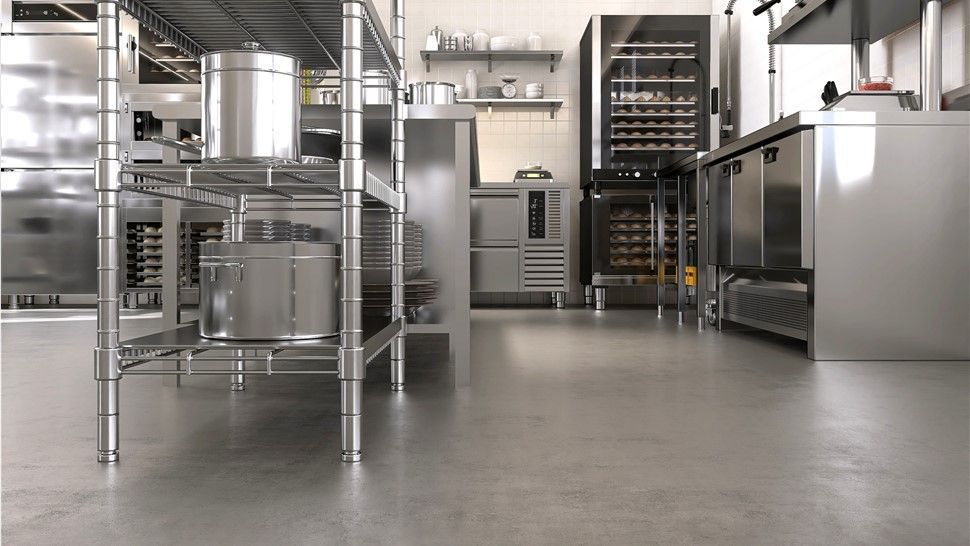
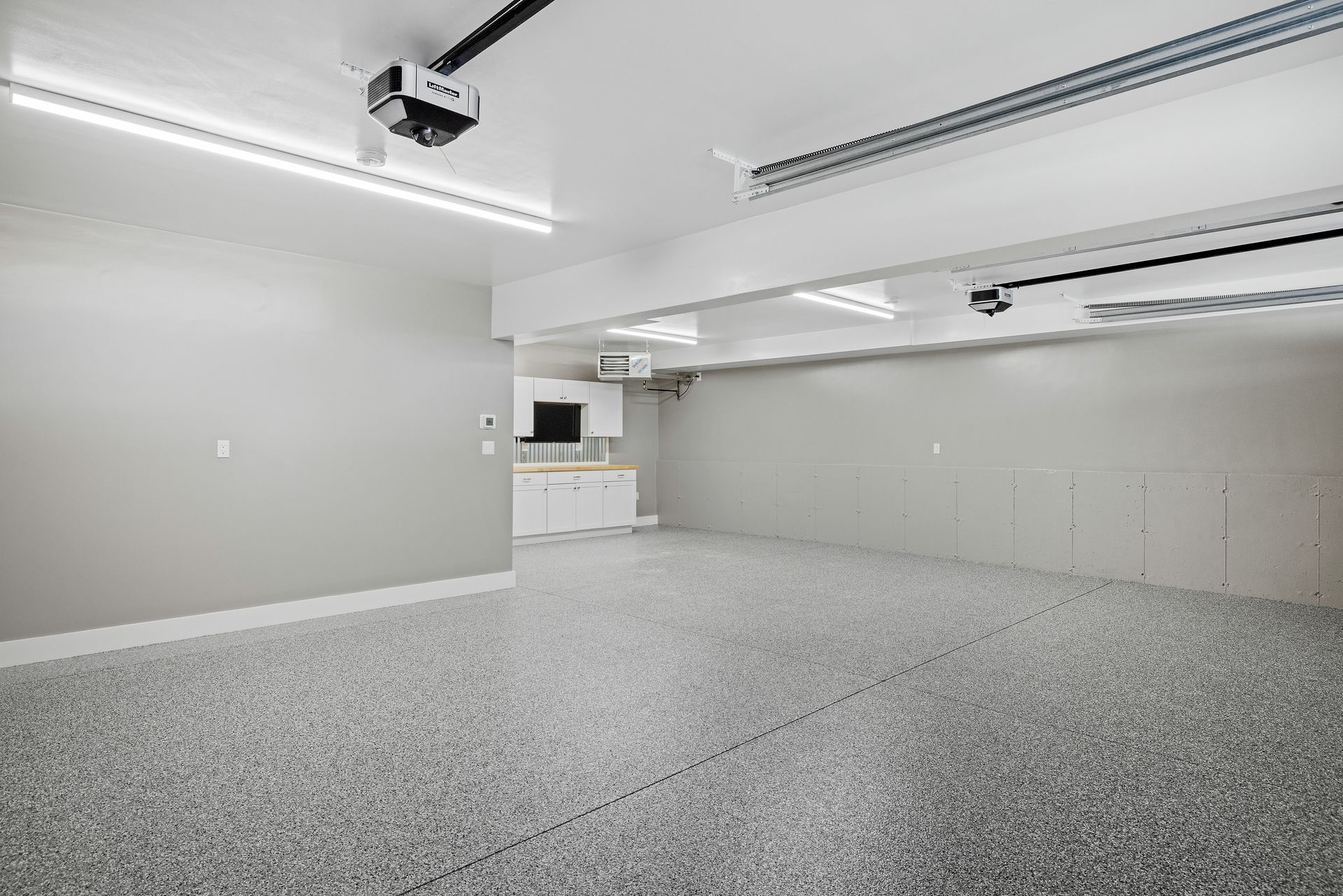
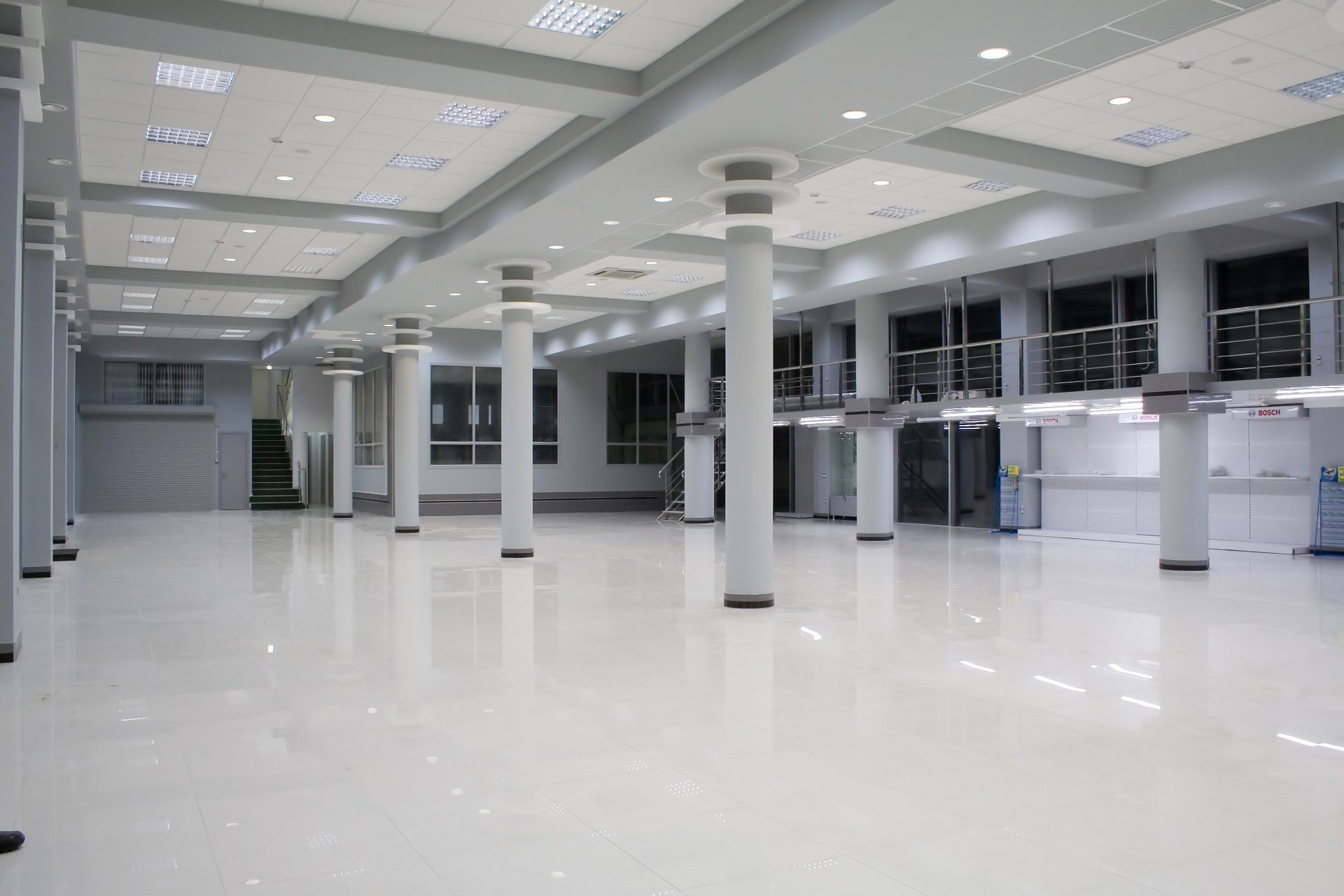
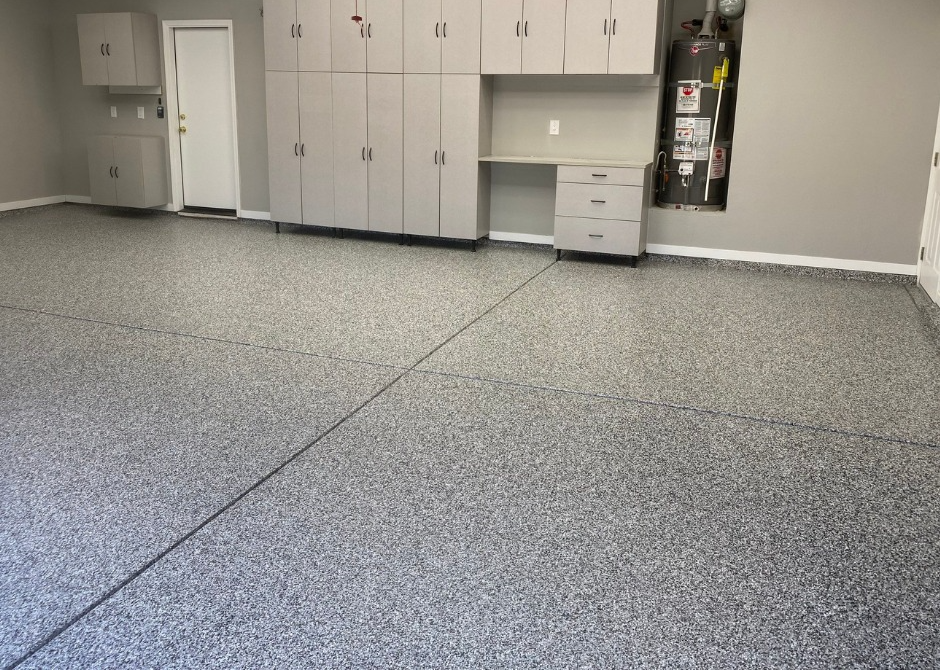
Quick Links
Business Hours
- Mon - Fri
- -
- Sat - Sun
- Closed
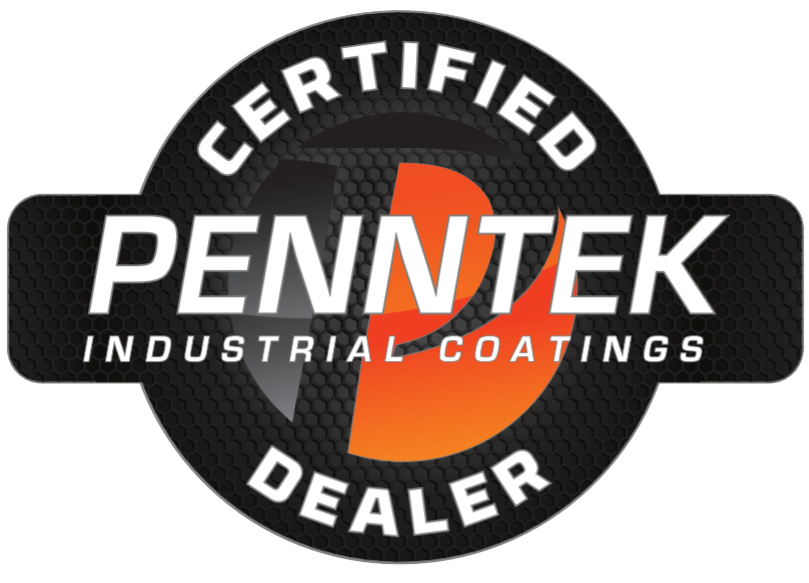
All Rights Reserved | Top Coat Concrete Coatings | Privacy Policy | Website By EnlightWorks

